
Women over 35 years of age may have some problems once they decide to become moms, since it is less difficult to get pregnant at younger age. Although women of 25 usually do not have problems to get pregnant, conceiving after 35 years of age is not an impossible task. However, doctors advise to ask for help as soon as you realize you cannot get pregnant.
Some women may have no problems to become pregnant even in their 40s. This is very individual, but according to the statistical data, a woman older than 35 is very likely to have lower chances to conceive than someone younger. Fertility is affected by aging. 20s are the best period for fertility and conception, but once a woman gets into late 20s and early 30s, fertility rates start to decline. This process is much faster and much more visible in women over 35 years of age. For instance, a woman of 30 years have some 20% chances to become pregnant in any given month, but when she reaches 40, her chances decline to just 5 or less percent.
What’s with Fertility and Years?
As mentioned, fertility declines after 35. All women are born with all eggs they are going to release and every woman has about one million of eggs. However, we have just some 300.000 by the puberty and some 300 of these will mature and get released in ovulation.
Decline in fertility is a natural process and it happens to every single woman, sooner or later. Some unhealthy habits are known to negatively affect fertility and smoking is one of the worst things you can do to yourself if you want to become a mother.
Even before menopause, woman’s body starts to slow down and produces less efficient and healthy eggs. Female body is designed to respond to hormones in the body, but approaching menopause means that your body does not perform this task very well. Because of that there is no ovulation or fertilization of the egg(s) and no pregnancy.Fertility Problems and Treatments in Women over 35
Aging affects the production of mature eggs for ovulation and also raises the chances for some birth defects (due to genetics) and miscarriage as well. Down syndrome is one of the problems more likely to affect babies born to 35+ mothers. Women older than 35 years of age are also found to have 18% miscarriage rate, which is significantly more than just 10% for women in early 20s. About 34% of pregnancies carried by mothers over 40 years of age end up with miscarriage.
In vitro fertilization (IVF) treatment is possible solution for infertility, but the age of a mother matters even here. Success of this and similar treatments is known to decline with age and for women older than 43 it is under 10%.



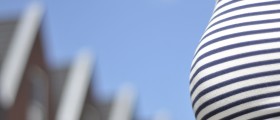



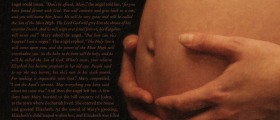

_f_280x120.jpg)
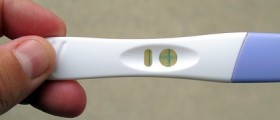

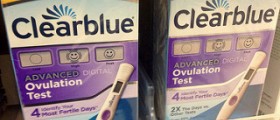
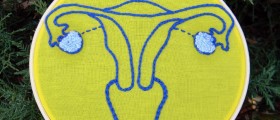

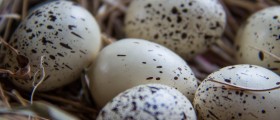
Your thoughts on this
Loading...